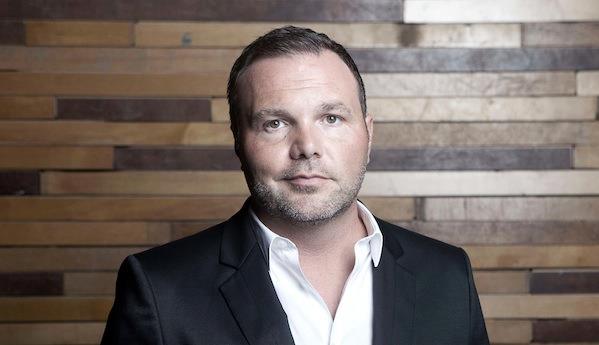Halloween has just ended and the airwaves are full of Christmas music. Are we just going to bypass Thanksgiving altogether? I certainly hope not. Thanksgiving is a time of reflection for me. It reminds me that the year is nearly over.
At this time of year, many leaders and leadership teams are taking their annual step back to do a deep-dive assessment of their organization’s progress against the goals and objectives of their strategic plans that they established in the early days of 2016. (What? You don’t do that at your organization? Have you ever considered that maybe that is part of what is holding the organization back?)
Take A Look on the Inside
As part of your end-of-year strategic progress review, consider including another area of assessment — one that will require a different kind of evaluation and one that will be much more introspective in nature. Why not take some time to also consider how you personally are progressing as a leader? After all, an organization’s strategic performance is, in large part, a direct reflection of the effectiveness of the person at the top.
If you want to silence a room of pastors, executives or any group of leaders try this small trick. Ask them, “Why would anyone want you to lead them?”
Without fail, the response will most likely be a sudden, stunned hush. All you will hear are knees knocking and crickets chirping.
Click here to read the rest of the article »









